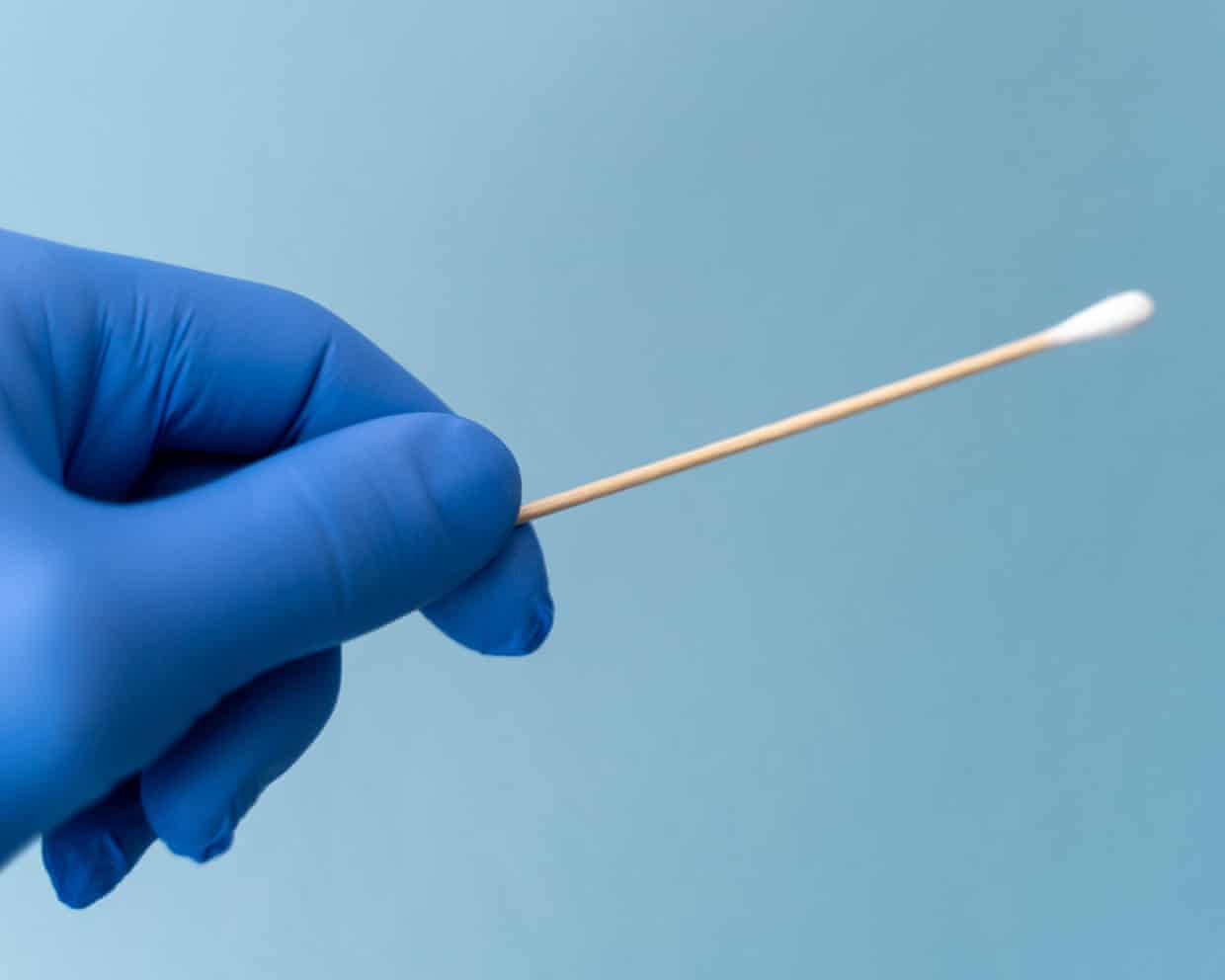A newly developed cheek-swab test has the potential to identify children at risk of a serious heart condition, known as arrhythmogenic cardiomyopathy (ACM), up to five years earlier than traditional diagnostic methods. This condition, which is often genetic, contributes to over 10% of sudden cardiac deaths among children. The findings were presented at the European Society of Cardiology congress in Madrid.
ACM is caused by abnormalities in the proteins that connect heart cells, which can disrupt both the structure and electrical activity of the heart. Often, the condition develops without any warning signs, making early detection critical. Research demonstrates that the same protein abnormalities found in the heart can be detected in the cheek lining, leading to the creation of a rapid two-minute cheek swab test.
The pioneering research, conducted by experts at Great Ormond Street Hospital and City St George’s, University of London, involved a trial with 51 children aged between three months and 18 years who were known to have a genetic predisposition to ACM. Participants underwent cheek swabbing every three to six months over a period of seven years. Out of this group, 10 children were eventually diagnosed with ACM, and notably, 8 of these showed detectable abnormalities in their cheek swabs prior to receiving other diagnostic tests.
The study also included a separate group of 21 children who did not have a known genetic risk for the condition. Intriguingly, 5 of these children exhibited abnormalities identified through the cheek swabs as well. Overall, the test appeared capable of revealing early changes in heart health up to five years before formal diagnoses were made.
Joanna Jager, a researcher from City St George’s, University of London, emphasized the necessity of a quick and straightforward testing method. “There is a real need for a quick and easy test to flag suspected ACM, which can then be confirmed by hospital tests,” she stated.
In the UK, the prevalence of ACM is estimated at about one in 10,000 people. Symptoms can include heart palpitations, fainting, breathlessness, and swelling in various parts of the body. With the new swab test, researchers aim to develop kits that can be used at home, allowing parents to send samples for analysis without needing to visit a clinic.
Dr. Angeliki Asimaki, who specializes in cardiac morphology and sudden death at the School of Health and Medical Sciences, remarked on the significance of the test. “Our test provides a window into microscopic changes happening in the heart, and it is totally risk-free and non-invasive. This has the potential to provide accurate and timely diagnosis of ACM, which could ultimately save lives.”
Dr. Sonya Babu-Narayan, the clinical director of the British Heart Foundation, which supported the research, echoed this importance. “Arrhythmogenic cardiomyopathy can develop and strike without warning, risking sudden death in children. Therefore, it is crucial that research helps us to discover how to diagnose it early,” she explained.
The promise of this simple, non-invasive cheek swab test could mean that children at risk of ACM may receive timely intervention, while families can feel reassured when results indicate no abnormalities. As the research continues, the goal remains clear: to safeguard the health of children with a potentially life-threatening condition.
